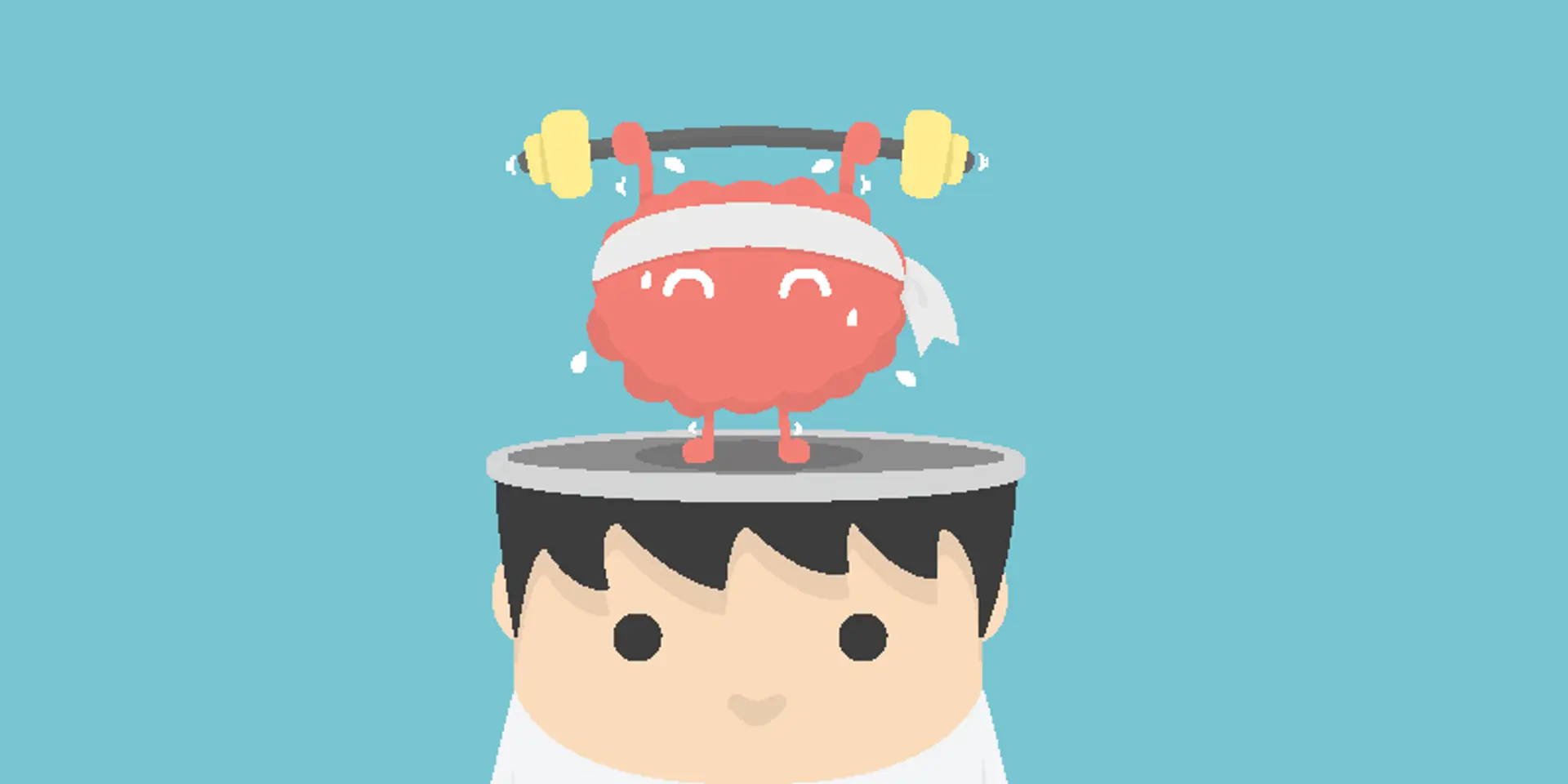Cultivate a strong mental game in three simple steps
Whether it be full-time employment, entrepreneurship, athletics, art, or freelancing, a strong mental game, determination, and clarity are essential. It is the brain’s ability to separate the chaff from the wheat that lets us overcome the obstacles along the way and stay motivated.
We often dismiss our brain’s inability to focus and perform on certain days as “just the way it is”. It’s about time we stop overlooking these half-hearted and futile attempts. A healthy brain is a tool; it can be conditioned to see things in ways that make sense, to regulate negativity, and to prioritise and recognise acceptable trade-offs.

Image: Shutterstock
But how does one go about it?
Rewire your brain to favour positive action in times of disarray
Irrespective of the paths we choose in our careers, obstacles and adversities are part of the game. How we handle them along the way is up to us. Psychologists have at length spoken about looking at the glass as half-full instead of half-empty. Focus on solutions instead of relentlessly worrying about problems just because our brain demands that we do. They call it ‘reframing’.
According to psychologist Rebecca Gladding, “Reframing is the process of changing one’s perception of deceptive brain messages; say why these thoughts, urges, and impulses bother you (it's not ME, it's just the BRAIN!)”. She adds that it is important to remind yourself why something is bothering you and that we do not have to respond to every impulse our brain generates.
Work gets done when you attack the process instead of defending yourself
Action is perhaps the only difference between those who get the life they want, as opposed to those who go through the motions. According to Ben Newman, best-selling author, international speaker and peak performance coach, “Attacking the process is all about having a big vision and belief in what is possible for you. Once you paint that vision on the canvas of your imagination, it's time to put it right in front of your face and clearly identify the daily actions that are within your control, to bring you closer to that vision; one day at a time. We are all naturally wired to focus on the results that we can't control, rather than the daily discipline that drives success.”
Clearly, what works is that one stops focusing relentlessly on the last mile and instead, on the steps he or she needs to take to eventually get there.
Recognizing and accepting trade-offs is not a compromise; it is a healthy, adult-way of looking at adversities
“Wanting everything” is great – jobs that fulfil our creative itch and gives us purpose, work-life balance, personal time to learn, grow and indulge ourselves, a social circle of like-minded friends. Everyone wants all of it. But unless you are really fortunate, life is a bit of a zero-sum game.
According to Mark Manson, the popular American self-help author, blogger and entrepreneur, “If I ask you, “What do you want out of life?” and you say something like, “I want to be happy and have a great family and a job I like,” it’s so ubiquitous that it doesn’t even mean anything. A more interesting question, a question that perhaps you’ve never considered before, is what pain do you want in your life? What are you willing to struggle for? Because that seems to be a greater determinant to how our lives turn out.”
For any positive milestone you achieve, there will always be work to do and challenges to work around. A life of constant movement and relocation might leave you with fewer friends but will bring incredible perspective and cultural exposure. A successful unicorn startup or C-suite will take up so much of your time and attention that you have little bandwidth for much else. A calm, peaceful easy freelance job might feel uncertain but makes up for it in life experiences. The zero-sum nature of life and work is apparent. Eventually, it is about deciding what you want out of the 80-odd years you live and recognizing the trade-offs that you are willing to make peace with.



